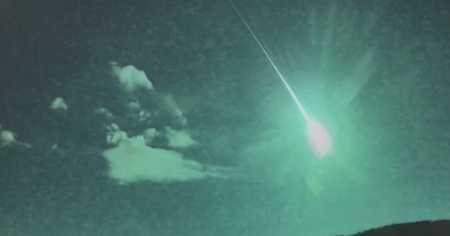Robert F. Kennedy Jr. revealed that he is living with a dead worm in his brain, which was discovered in 2010. The parasite was found after he experienced memory loss and brain fog, leading to fears of brain cancer like his late uncle, Sen. Edward M. Kennedy. Kennedy believes he picked up the parasite during a trip to South Asia. However, the issue did not necessitate treatment and no longer causes him any symptoms.
Neurocysticercosis, the condition Kennedy is dealing with, can occur when one accidentally ingests the larvae of parasites, typically caused by a tapeworm known as Taenia solium. The tapeworm is contracted by consuming contaminated meat, such as pork, leading to the production of eggs in the intestine. If proper hygiene practices are not followed, the individual can infect themselves with the tapeworm. The larvae can migrate to the brain, forming cysts that can cause various symptoms depending on their location and the immune system’s response.
The most common symptom of neurocysticercosis is a seizure, which can prompt the discovery of the infection. Other potential effects may include speech or cognitive impairments based on the number and location of larval cysts. Global estimates indicate that tapeworms account for about 30% of epilepsy cases in areas where individuals live in close proximity to roaming pigs. While the infection is rare in the U.S., it is more prevalent in poorer countries with less access to clean water. Adequate cooking of pork and hygiene practices can reduce the risk of infection.
Treatment for neurocysticercosis depends on when the infection is detected and the cysts’ location in the brain. In severe cases where cysts block the flow of cerebrospinal fluid, surgical removal may be necessary. If the infection is in its active phase, antiparasitic medication is used. However, if the worm has been destroyed by the immune system and calcified, no further treatment is required. The calcification of the worm leaves a scar in the brain, and the patient should not experience further complications once the worm is eradicated.
While neurocysticercosis is rare in travelers, individuals coming from regions where the infection is more common may be at a higher risk. Access to clean water and proper food handling and hygiene practices can help prevent the transmission of tapeworms. Awareness of the symptoms, such as seizures and cognitive impairments, can prompt early detection and treatment of neurocysticercosis to prevent further complications. As in Robert F. Kennedy Jr.’s case, timely diagnosis and appropriate management can lead to a full recovery from this condition.















